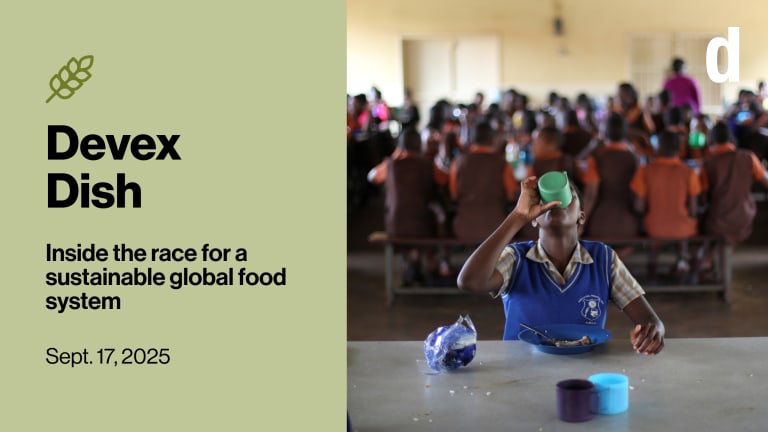With over 700 million people facing hunger, there has never been such urgency to address the issue of food insecurity. The question is not whether to deploy all means available to combat hunger, but rather where, when, and how.
The current approaches to respond to acute hunger are failing in the face of a complex and interlinking set of drivers — including enduring conflicts, national and global economic shocks, and weather extremes. The Global Report on Food Crises this May provided an alarming picture of acute food insecurity in the world today — which at the sharpest end is affecting 258 million people in the 58 countries that have been hit the most by crisis — confirming a negative trend reported over the last few years.
Donor governments around the world have clearly indicated that spending increases cannot continue to keep pace with escalating needs, meaning that recent record-breaking humanitarian funding will not continue.
Search for articles
Most Read
- 1
- 2
- 3
- 4
- 5








